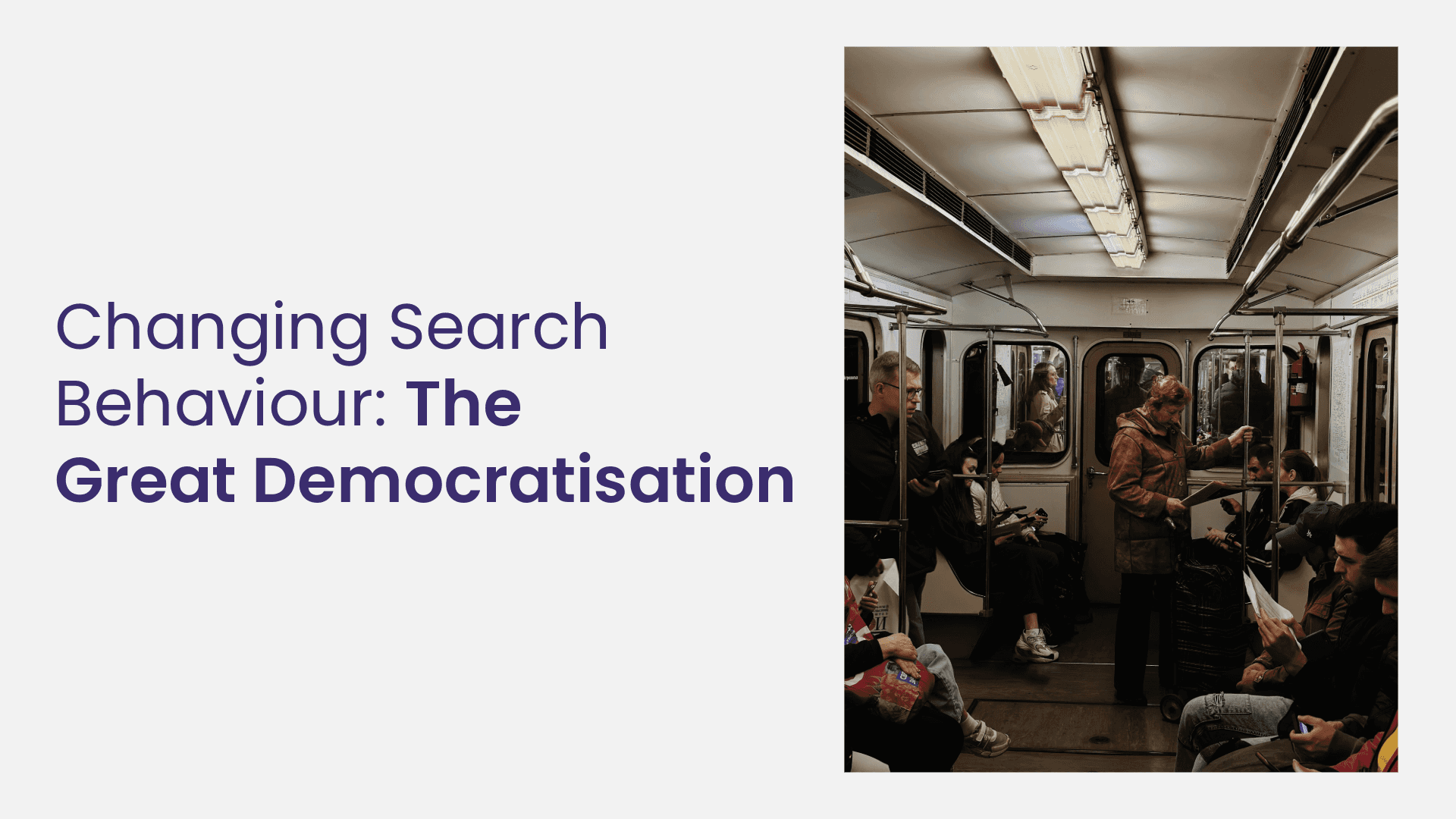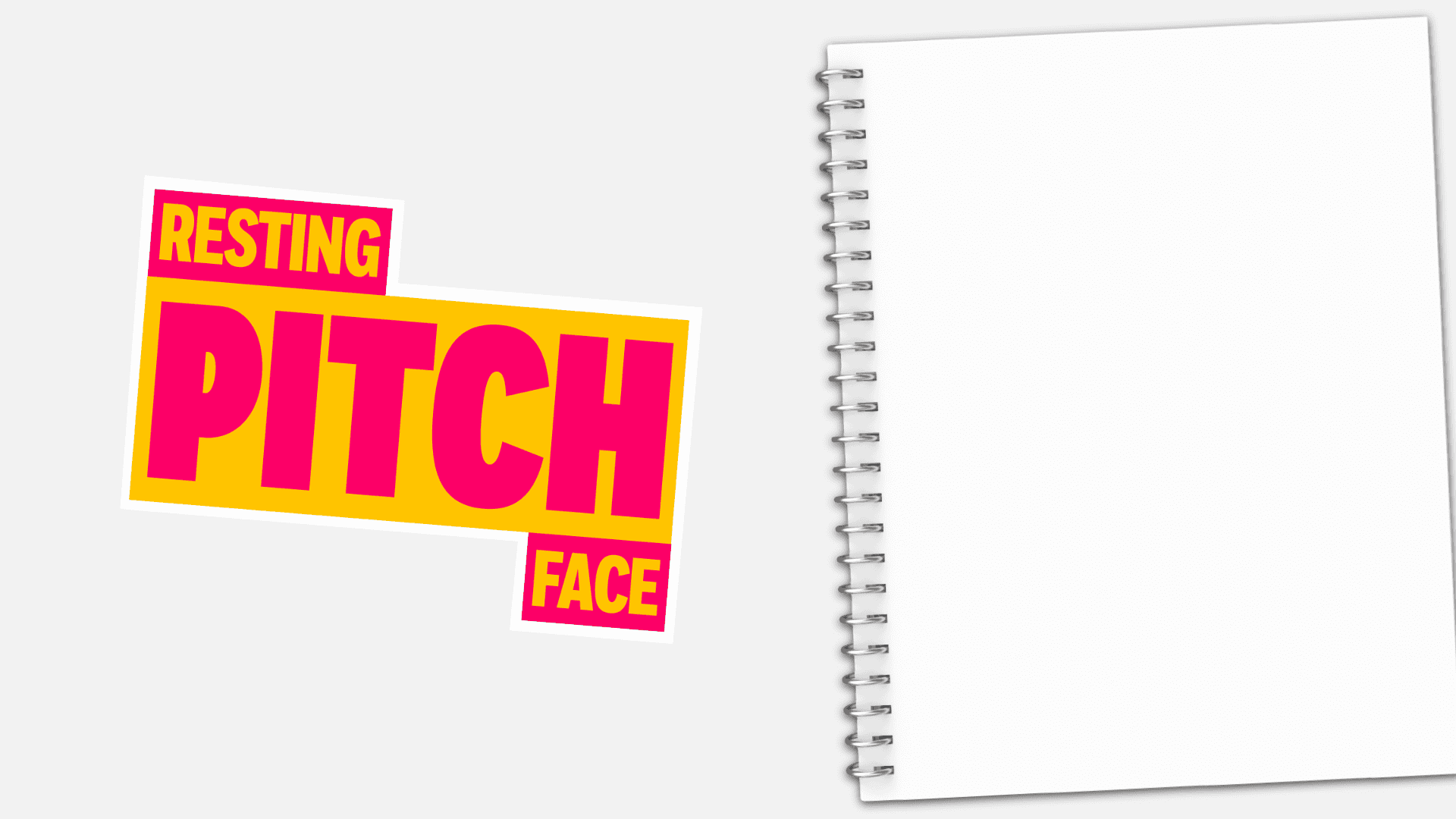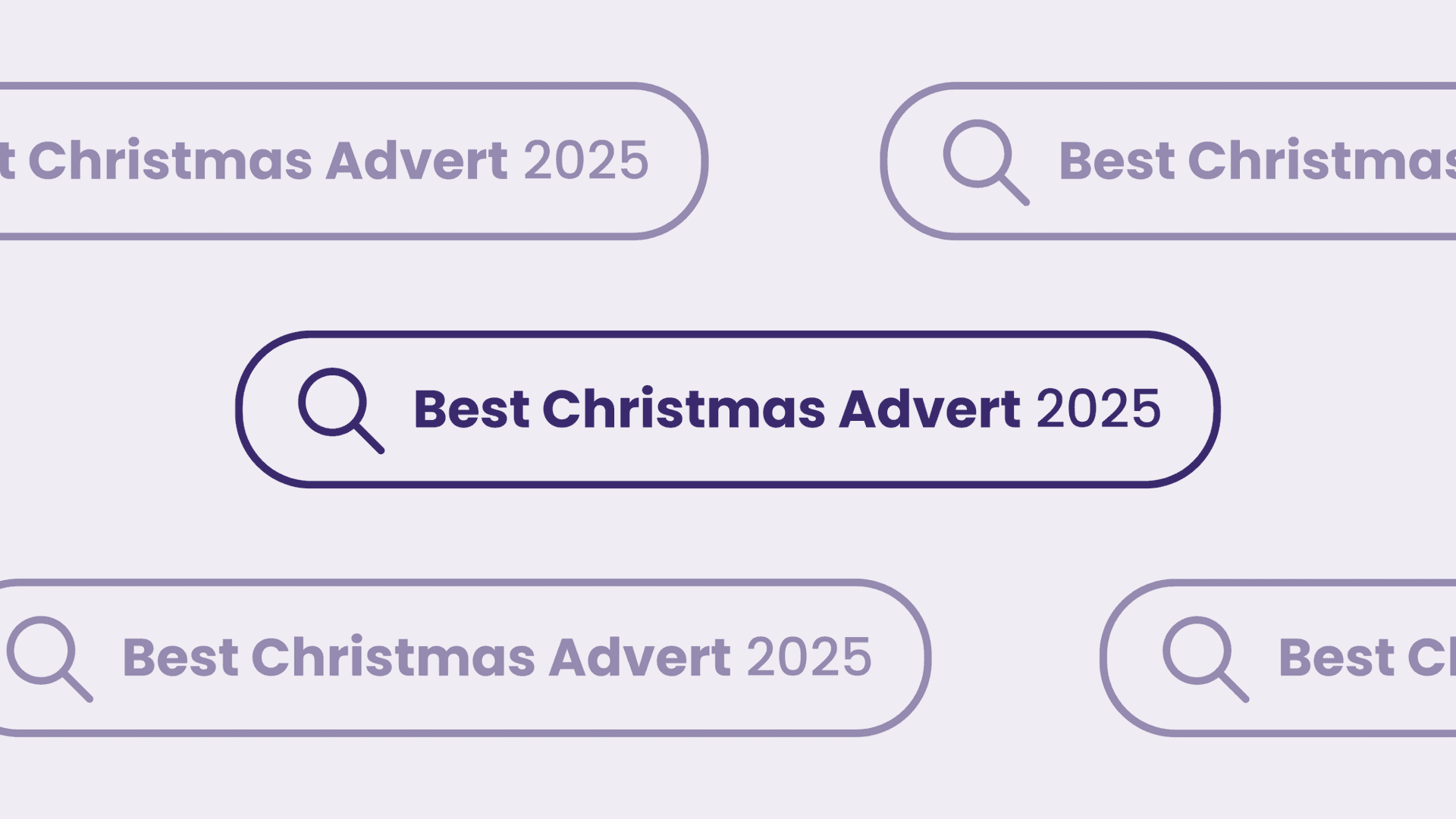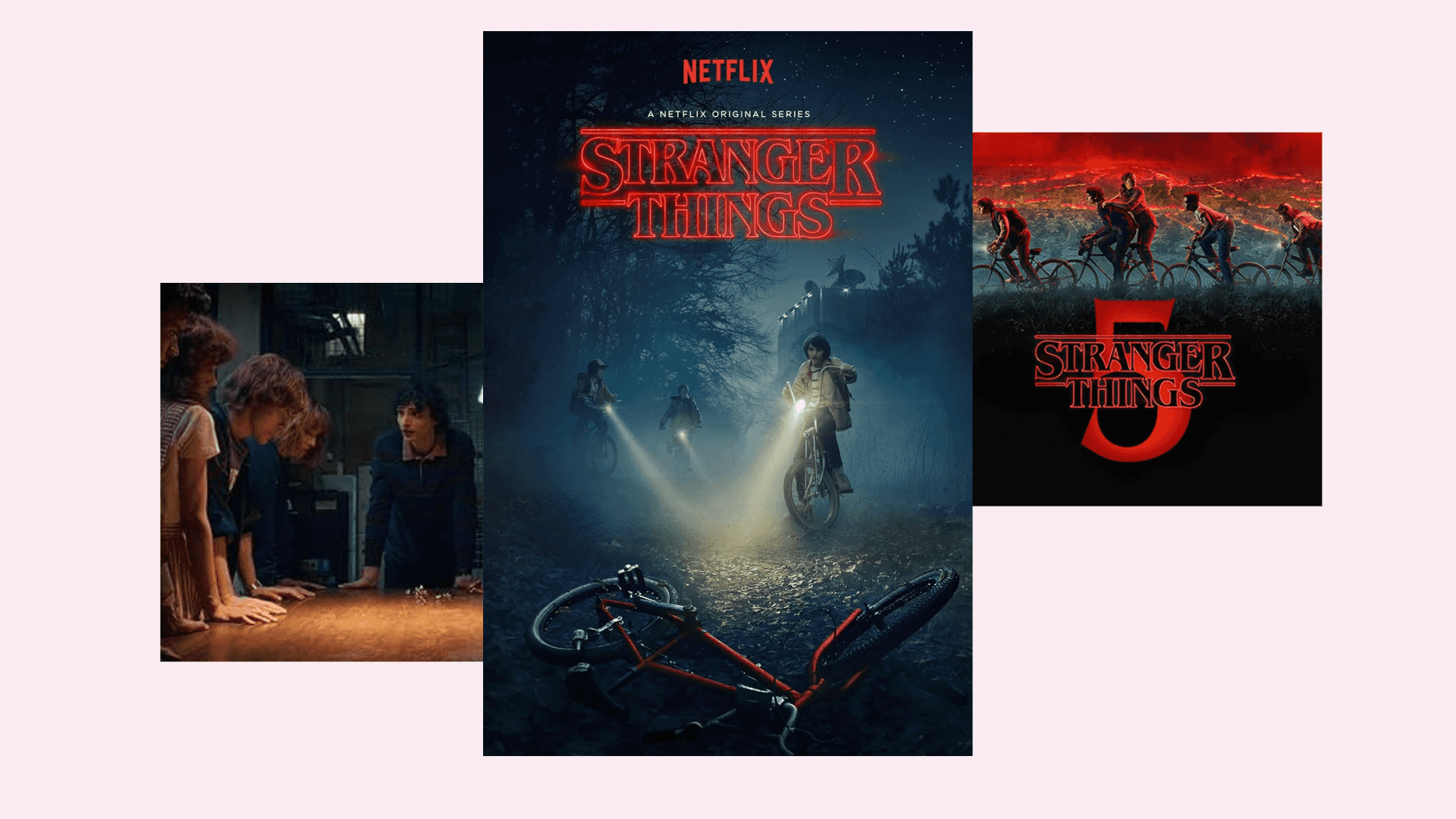
Facebook Loses Users For The First Time Ever
Written by Daniel
Earlier this month, Facebook reported it had lost over 2.8 million users across the US & Canada – the first time the platform has ever lost users in this key demographic. The Flaunt Digital team discusses how this could impact the platform. Subscribe to our YouTube channel for all the latest episodes of ‘Industry Spotlight’.
See below for the full video transcription.
VIDEO TRANSCRIPTION
Lee: Okay, so we’re going to cover Facebook losing quite a significant amount of users for the first time ever in its history. So, 2.8 million users in the U.S. under 25, which is a key demographic for Facebook, seeing as they’re always striving for continued growth. Which ties in with their frustrations about not getting a hold of Snapchat, seeing as that’s a key demographic that Snapchat own. I think it’s also been reflected in the fact that Facebook’s stock has dropped significantly for the first time in probably 10 years.
Jamie: Yeah, and I know we’ve touched on Snapchat quite a bit, haven’t we? I think this could be quite a key reason why Facebook’s userbase might be dwindling a little bit. I think the under-25 demographic now’s seeing all our parents and the older generation on Facebook. It’s a bit ubiquitous, and now they’re probably thinking, “We need to get away from this, a bit more privacy.” Going across to Snapchat or one of the other competitors, there’s a few little competitors…
Chris: Yeah, I agree, but you ask anybody that’s under 25 anyway, and they think that Facebook’s for people that are ancient anyway. So, yeah, perhaps. I don’t know how that ties in with what they’re trying to encourage across Facebook, though, because in my opinion, when I’m browsing Facebook, you normally find that engagement comes from younger people, as well, and the older people just tend observe.
Jamie: Lurking.
Chris: Yeah, just lurking in the background. And it’s the youth, really, that get onboard and start to engage and like and comment and all that kind of thing. So, I guess, by Facebook trying to encourage more engagement, it’s trying to get that older demographic to get on board a little bit more. They’ve already got the younger people covered. They know that they engage already. So, is it maybe, they’re trying to get the older people to get a little bit more involved than they usually would? But still, it’s quite a sharp decline in general usage, really. It’s been a pretty risky call, I think, so I think they’ve had quite a big dip in the shares since.
Lee: I think, in the grand scheme of things, 2.8 million users on a platform that has billions and billions of users daily is tiny, from the outside looking in. But I think for Facebook, it’ll hit them hard because it’s a key demographic, and it’s a demographic that underlies the growth of the platform.
Jamie: Like, Chris is about shares, basically, with social networks, users equals shares pretty much, share prices. It correlates pretty much the same. So, if it grows, then so do shares. So yeah, that’s a key demographic.
Chris: I still think, though, that’s it been quite a good call on Facebook’s part to try and encourage more engagement. Because people are getting lazy with the social networks now. Like, say the older demographic, especially. We all do it, don’t we. We’ll browse, and we’ll watch videos, and we’ll look at people’s photos, and we’ll just, sort of, watch it from the background. We don’t actually get engaged anymore. We don’t interact with anything that’s going on, and it’s just swamped with publisher content now, as well, which is probably going to degrade the whole brand if they’re not careful. So, I can sort of see why they’ve made this transition in the first place, to be honest.
Lee: It’s going to be interesting to see what they do with Instagram now, because Instagram is replicating a lot of Snapchat functionality. But with things like Instagram’s API being opened up, marketers now have the ability to schedule. It’s going to be a fine line between them allowing Instagram to be ruined in terms of content. And it also stands to be seen how much further they’re going to push it in terms of crushing Snapchat like-for-like on features.
Jamie: Snapchat seem less scared to innovate though don’t they, with the recent app redesign. They’re quite happy to just change things up. I know Facebook’s done it historically, but over the last few years, really, the UI hasn’t gone very far has it? And neither has Instagram, and it’s pretty similar, whereas Snapchat, pretty much, has changed quite a lot in the UI.
Chris: Well, it’s been too risky for the userbase. If you’re going to try something out at scale and test something out, you’re going to do it on a platform that’s got a smaller following, and that there’s less risk of things going wrong. I don’t know about you guys, but I’m always seeing people slagging Snapchat off for the, you know, various things that they change in the platform.
Jamie: People just don’t like change, though, do they? I mean, the coming Facebook changes, people just hate it, whether it’s good or not.
Chris: Yeah, people don’t like change, full stop. But give it a few weeks and they’ve got used to it already and it’s a thing of the past.
Lee: Yep. I think Facebook have the user loyalty, but Snapchat think that they have the user loyalty. By doing things like spectacles, stupid stuff like that, they think they’re bigger than they are in terms of how loyal the users are, whereas Facebook, I think, take a bit more care when they do things.
Jamie: But I think with Snapchat, it’s a bit more of a cult following. You can’t see what I’ve been up to on Snapchat, whereas on Facebook and stuff, you can see each other’s likes, and you can see who they’re chatting to, obviously if they do it publicly.
Lee: It’s a bit more passive, isn’t it?
Chris: They can probably get away with testing things, you know, like, on a more risky basis.
Jamie: It’s hard to compare, isn’t it sometimes? But yeah.
Lee: They’ll bring it back. If necessary, they’ll just put in a stupid, stupid offer for Snapchat.
Jamie: They’ve got enough money.
Lee: They have got enough money, so that’s my final thought.
Chris: No, but overall, I think that it’s still hard to really think of what Facebook are doing at the minute. I don’t think anybody’s got anything conclusive in terms of what they’re going to do. But I think over these next six months, it’s going to be interesting what the outcome’s going to be across the other channels…Instagram, more importantly, and see what that shift looks like. But I think a lot of people will be quite pleased to see, like I said, the reduction in rubbish publisher content that’s out there and just, you know, just spam brands and things like that. I mean it does get a little bit irritating. You can see, like, LADbible and UNILAD, you know, publisher’s like that who have an enormous following. But they do push out a lot of crap sometimes, and it is really, really passive. So I can see what they’re trying to do here, or at least make these publishers work a little bit harder to push more quality content out.
Lee: Yeah, you can’t make improvements without suffering any kind of loss. And I think, like I said at the start, 2.8 million…in the grand scheme of things, it’s pretty small.
Chris: It’s a drop in the ocean, isn’t it, really?
Jamie: Yep.





